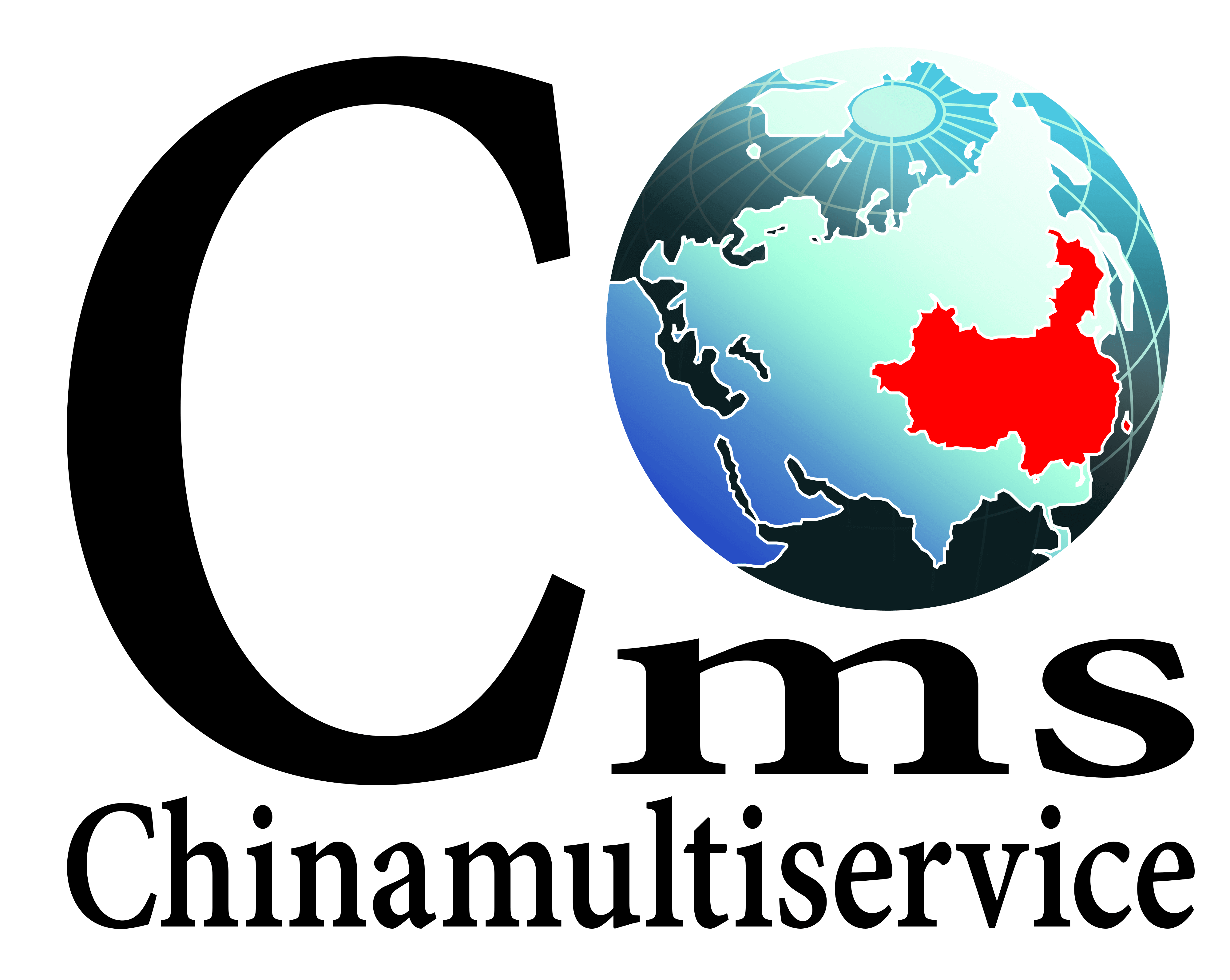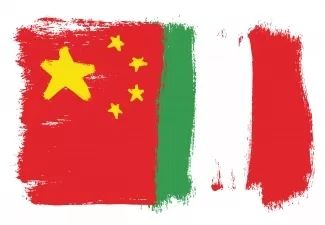What makes China and Italy so similar and where they diverge?
It is an interesting topic, not thoroughly documented in Google, that certainly requires two elements: the perspective of a foreigner who has lived in China for an extended period and the opinion of a Chinese citizen who knows Italy.
I take the first step, sure that I can give a good contribution about the first of the 2 elements: I am a foreigner entrepreneur living in Asia for more than 16 years, happily married to a fantastic Chinese woman, and after so many years, I can definitely consider China and Italy both my countries.
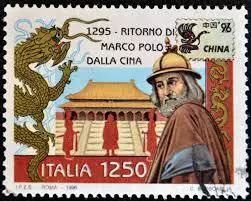
I mention my marriage because, together with my entrepreneurial experience in China, it is also the key to understanding China in all its sides; social, cultural, political and entrepreneurial. When you get married to a Chinese woman, two things are pretty sure; her parents are Chinese, so you have to learn the culture to deal with them properly, and you stop to think about China as a life experience. China becomes a stable living environment. The perspective changes a lot.
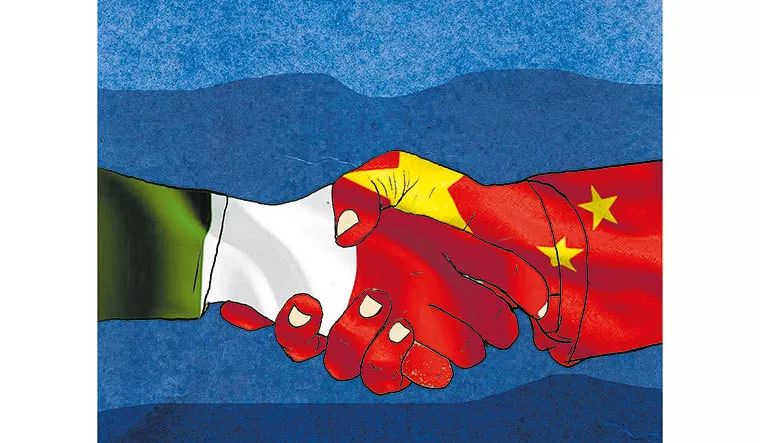
In the first months after my arrival in China back to 2003 and after having started to speak some Chinese, I started realizing that I did not need to adapt myself too much because many cultural aspects were less distant to my Italian DNA, respect to when, for example, I lived in Germany and USA.
How is it possible? How can an Italian citizen connect so rapidly to such a different culture? With the help of my wife and my Chinese friends, I was able to connect the dots. As always, the answers lie in the historical ties between distant countries. History quite often is the most persuasive answer to any dilemma.
These are the historical facts that help me to get the answer:
In the Beijing Chinese monument of the millennium (北京中华世纪坛), a vast building celebrating the glory of the Chinese society dedicated to the country history since the first imperator to nowadays, there are just two portraits of foreigners: they are both Italians, one is Marco Polo, and the other is Matteo Ricci (Limadou in Chinese).
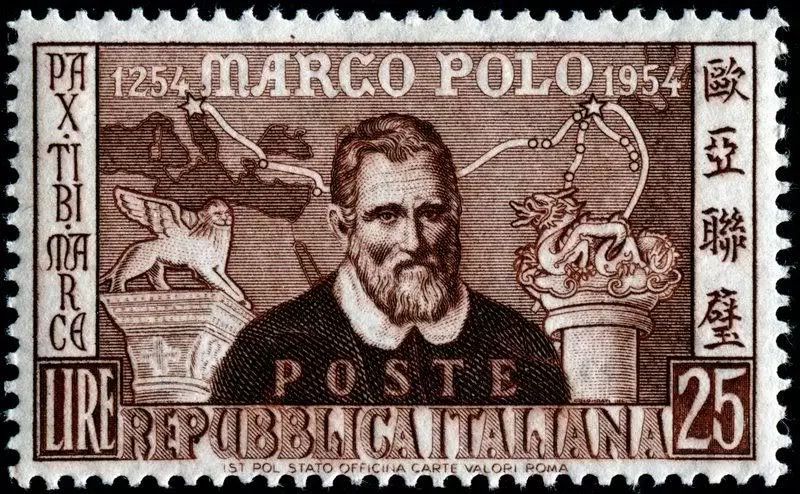
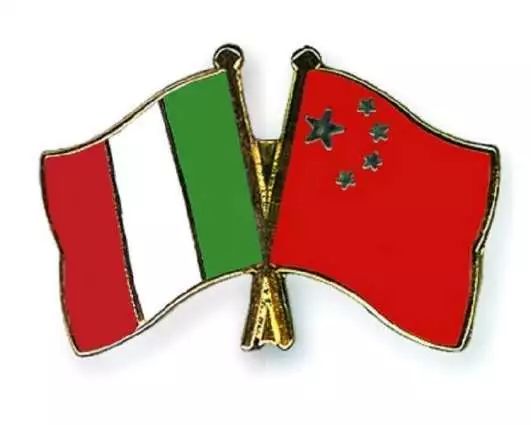
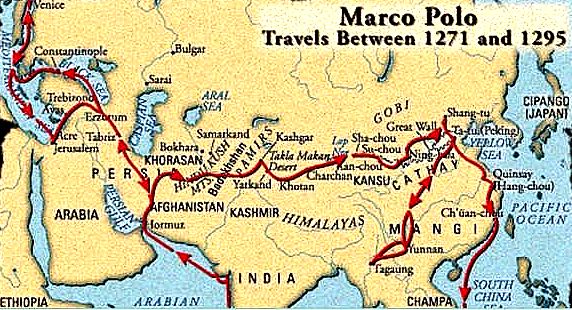
About Marco Polo, we all know the vital contribution he gave to the development of the relationships between China and the rest of the world, while Matteo Ricci has been the first foreigner to have access and gain the trust of the court dignitaries and the Imperator. Proof of that is that he was the first foreigner to be buried inside the Forbidden City, following Imperator Wanli edict.
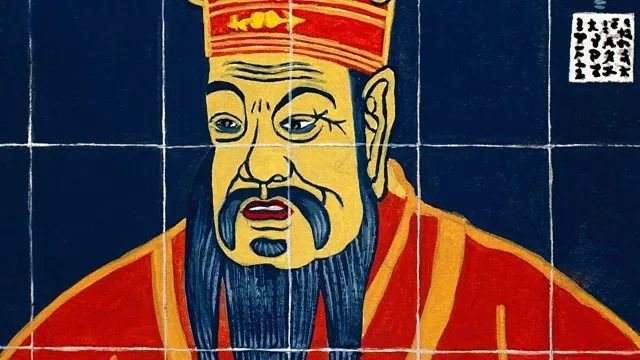
Then comes my answer, based on my personal experience of sixteen years of China, and considering just the main cultural aspects, not the behaviors (about that I will write in the future) on which the two countries people are similar or diverge:
Then the good ones:
1) The family concept: we share the same respect for the old generation, and the kids usually remain at home until they do not marry.

2) The importance of the food. In both cultures eating is a serious issue, you do not jump one meal easily as in many other countries and, once you sit to eat, generally in the evening, all the family members are
present. Both in Italy and China during meals, two parts can discuss business, and they can drink to strengthen their cooperation or their friendship.

3) The importance of the inner circle (a concept of Confucius). The idea to facilitate always the person you know more, the friend, the partner. This is the essence of the concept of Guanxi. Guanxi loosely translates as personal connections, relationships, or social networks. It implies trust and mutual obligations between parties, and it operates on personal, familial, social, business, and political levels. Having good, bad, or no guanxi impacts one’s influence and ability to get things done.

4) The proud about our history, about all the inventions and discoveries our countries have made in early time which have been fundamental for the evolution of the global society as we see today.
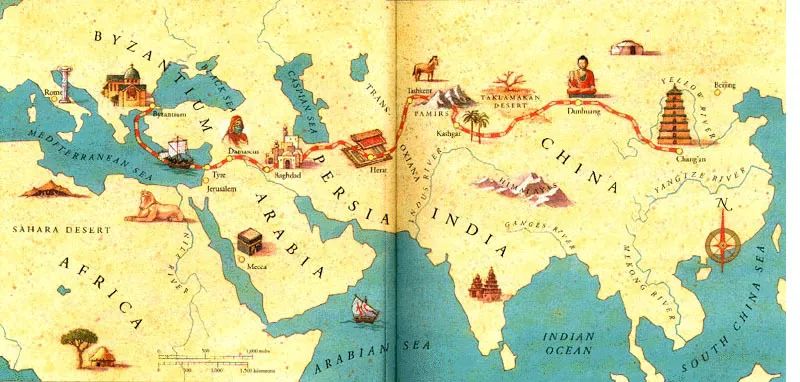
In what China and Italy diverge:
1) Most of Chinese work and study harder than most of the Italians. And not because Italians are lazy, but because the Chinese mentality about competition and strive for success has no equal in any country outside Asia.
Italy is recognized all over the world for its lifestyle, meaning that the Italians know how to dress, eat, court, spend time with friends, quickly said, enjoy themselves. I believe we should learn from the Chinese
friends the work dedication and at the same time that the Chinese friends should value more their free time and the art of enjoying life.
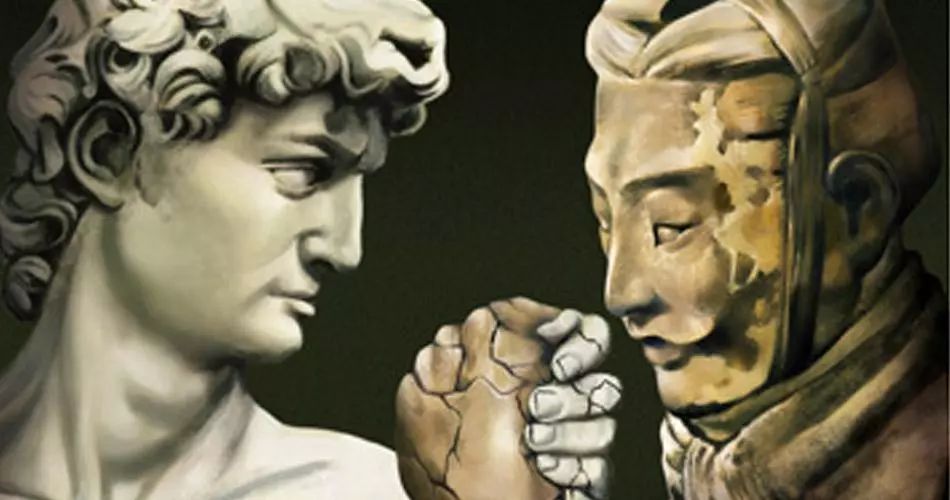
2) Italians are more direct than the Chinese, say easily “no,” and they express their feeling sometimes too passionately (sometimes even in public), where the Chinese control their passion in society and avoid saying “no,” so not to displease the counterpart.
3) What in China you can build in 10 months, in Italy you need ten years.
This above all is true when we speak about infrastructures, China in the last 20 years, has completed such big and extensive projects, that in Italy, we are still in the middle of discussions unable to move on.
The reason has to do with different political systems and different priorities. On this point, I will make an in-depth analysis in the future.
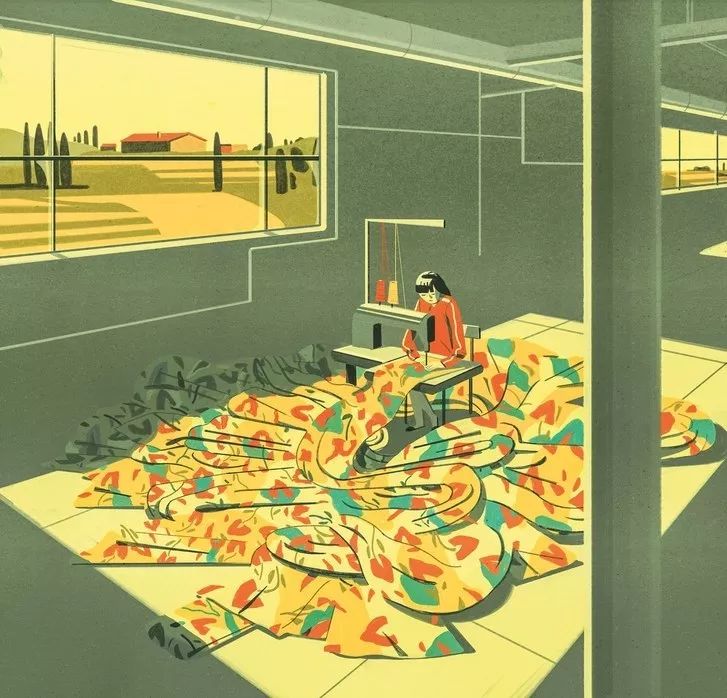
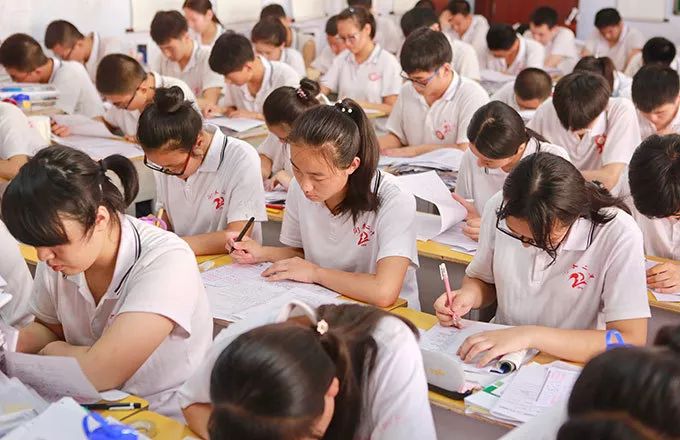
Markus, my german friend from Munich, a bit jealous of this long-lasting friendship in between Italy and China, always welcome me with this joke:
If you enter a restaurant, and you see a loud table of guests, you can bet 50 dollars; if they are not Italians, then they are Chinese.
Markus, he is also married to a Chinese woman, so I know that he loves China as I do. The joke is pretty funny, I have to admit.
The fact that Italy has been the first European country to sign the Belt and Road project early this year, in my opinion, is the direct consequence of how these two countries have been in communication for more than 2.000 years of history.
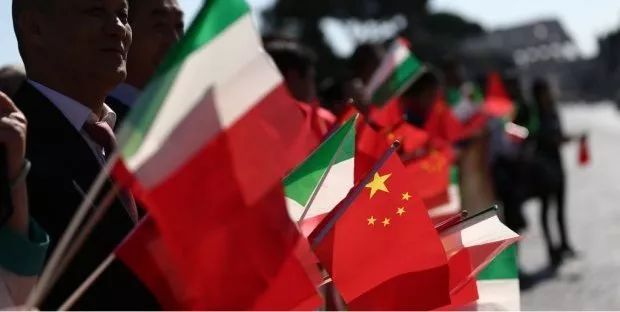
The historical cooperation path between the two countries, also continues today, having as a base such profound cultural similarities who facilitate the capacity to understand each other, appreciate each other, and esteem each other.
My and my company’s mission is to promote this path, make it as smooth as possible, and limit some linguistic and cultural misunderstanding, which can happen in any case.
China loves made in Italy products (shoes, bags, food, wine, jewelry, watches, glasses, furniture, yacht) and it is aware of our excellence in some expertise (fashion, environmental protection, healthcare, automotive, agriculture): CMS daily work is to present these products and this expertise to our Chinese friends.

China exports many products to Italy and has proved through its latest investments that consider Italy, a valuable partner. The recent agreements on ports, communication routes, and product exchange go in this direction.
Cooperation that I believe should be “win to win,” and I will do all that I can to make it happen.
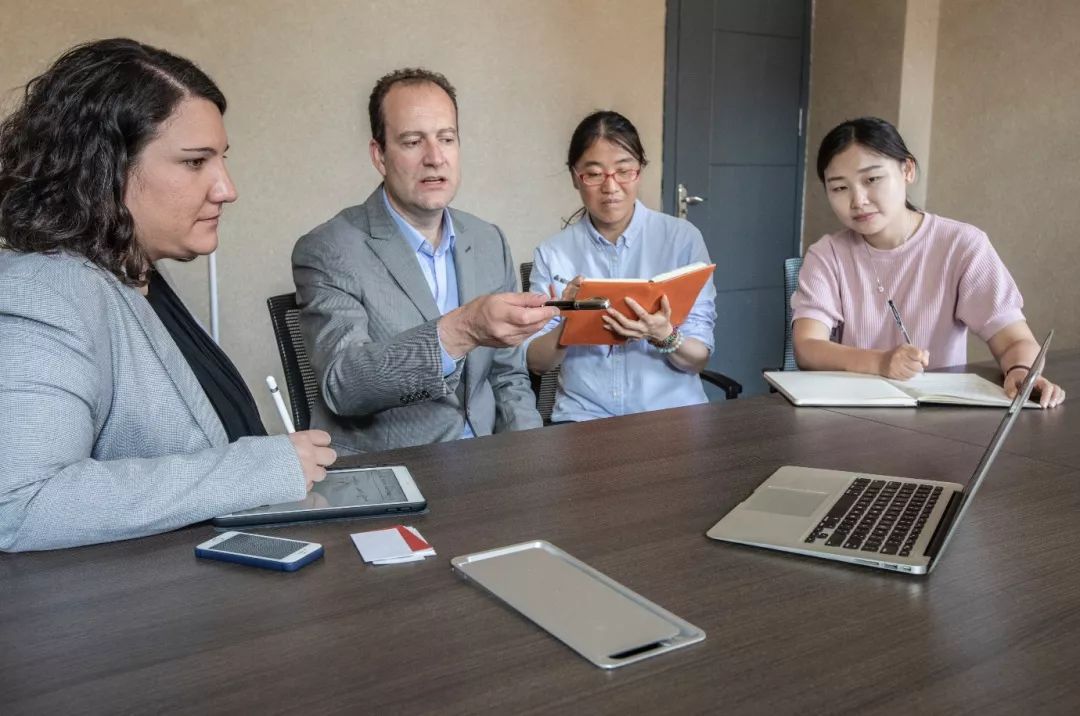
Thanks for reading;t his is my modest attempt to bring China and Italy closer by understanding similarities and distances in between the 2 countries. Your opinion is more than welcome.

Note:
If you are interested in some investment opportunities abroad, you can always contact us and we will be happy to provide you with information and answer all your questions.
zago.sara@chinamultiservice.com
marcoconti@chinamultiservice.com

